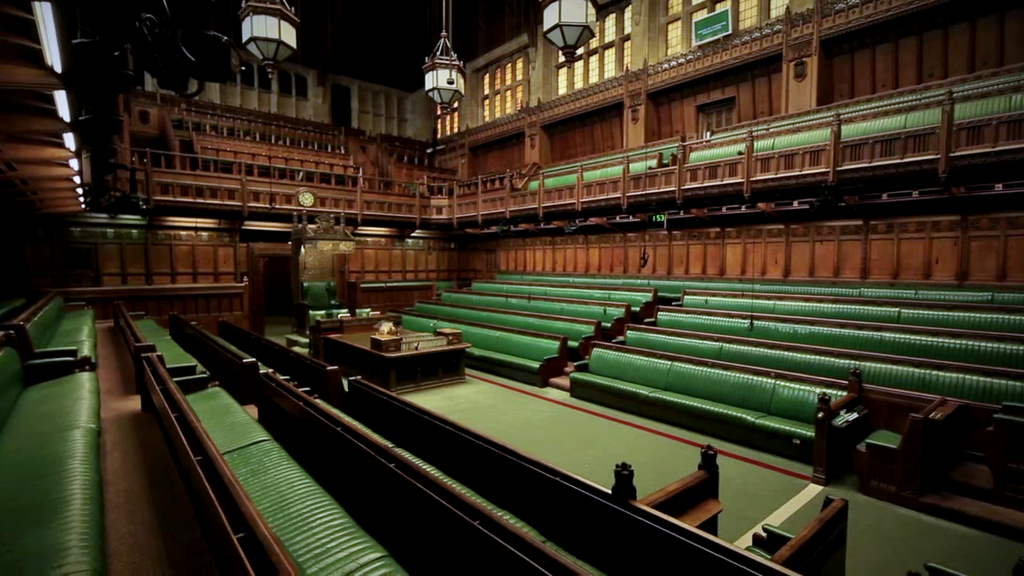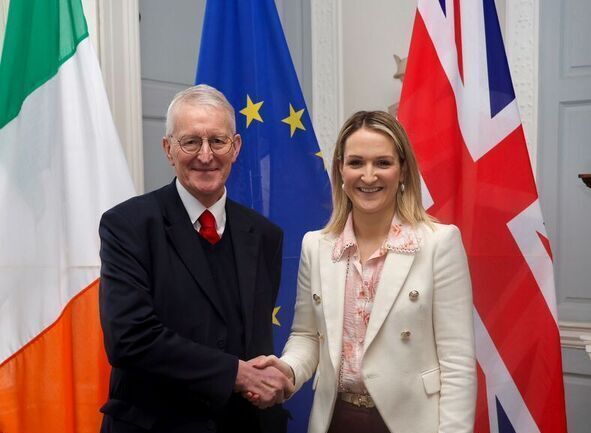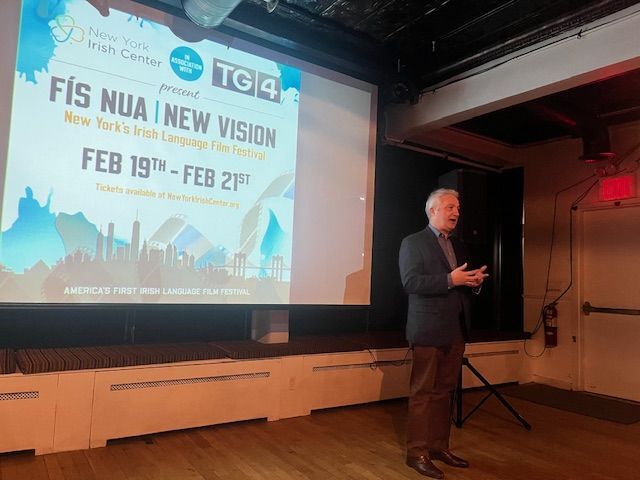The influential Ad Hoc Committee to Protect the Good Friday Agreement has written to key leaders in the Biden Administration, including members of the National Security Council, urging the administration to promptly and publicly oppose passage of the Legacy Bill currently before the British parliament.
The bill is due for final stage consideration by the House of Commons next week.
Co-Chair of the Committee, former congressman James Walsh, stated: “In our view, the time for an expression of public opposition is especially urgent in light of the proposed Act’s incompatibility with the Good Friday Agreement and international law and the opposition of all political parties and civil society in Northern Ireland.
"We agree with the highly respected, non-sectarian, Northern Ireland Committee on the Administration of Justice, which characterized the 'game-changing amendments' as 'smoke and mirrors' that addressed none of the Legacy Bill’s principal flaws and in certain instances have made the legislation worse.”
Co-Chair and former congressman Bruce Morrison stated: “The proposed final amendments to this unacceptable legislation were not announced until after Prime Minister Sunak’s just concluded visit to the United States.
"This sleight-of-hand political move seems unbecoming for a Prime Minister’s Office that touts its special relationship with the United States and is eager to conclude a trade deal. Twenty-five years on, the Good Friday Agreement remains one of the signal achievements of American diplomacy. It would be tragic if on this anniversary the core of this achievement was undone without the United States taking a public stand.”
The Ad Hoc Committee has outlined primary concerns: First, the amended Legacy Bill if enacted would still constitute a blatant violation of the Good Friday Agreement and international human rights law more generally. In particular, the Bill’s effective grant of amnesty and shutting down of existing criminal, civil, and administrative accountability mechanisms remain unchanged. As such the legislation would constitute, among other things, a violation of Article 2 of the European Convention on Human Rights, on which the Good Friday Agreement relies, as well as Article 6 of the International Covenant on Civil and Political Rights.
For these reasons, the bill has been condemned by the UN High Commissioner of Human Rights, the Council of Europe, and an array of human rights NGOs in the Northern Ireland, the UK, and the US. Beyond Northern Ireland, the UK government’s disregard of its international human rights obligations undermines the efforts of its allies – including the United States – to hold states accountable for human rights violations elsewhere, including in Ukraine, Xinjiang, and Iran.
Second, the imminent legacy legislation remains uniformly opposed in Northern Ireland itself. Every Northern Ireland political party, ranging from Sinn Fein to the Democratic Unionist Party, remains united in rejecting the bill. In meetings with the Ad Hoc Committee, party leaders have been especially eloquent in citing the damage that the law would do to the peace and reconciliation process. Victims and human rights groups in Northern Ireland likewise remain united in opposition. So too does the Irish government, which has left open the possibility of bringing an action against the UK in the European Court of Human Rights, the UK Labour Party, and members of the U.S. Congress from both parties.
Ad Hoc member Professor Martin Flaherty (Fordham Law/Princeton University) a noted human rights expert with decades of experience in Northern Ireland noted a third primary concern.
”This past week’s 'game-changing' amendments do nothing to allay these uniformly expressed concerns. In certain respects, the amendments actually make the legislation less human rights compliant. Specifically, more current civil inquests may be shut down since now they must be completed, rather than merely initiated, by the time of a new revised deadline.
"It is now painfully clear the prospect of 'game-changing' amendments was a delaying tactic in an effort to mitigate further condemnation of the bill, the better to rush a final version through Parliament. The delay in releasing the amendments until Prime Minister Sunak’s departure from Washington is fully consistent with this strategy."
Congressman Morrison concluded “For all these reasons, the Ad Hoc Committee believes the time has come for the Administration to publicly condemn the proposed 'Legacy and Reconciliation Act' as it has done privately.
"The Biden Administration has gone to extraordinary lengths to help the UK government in Northern Ireland from a recent Presidential visit to the appointment of Congressman Joe Kennedy III as a Special Presidential Envoy. However, there comes a time when the Administration needs to put aside government protocol and stand up and protect the values that are at the core of the Good Friday Agreement and that comes down to truth, justice and reconciliation.”
The Ad Hoc Committee was formally organized in early 2019 by a group of forty Americans who had worked for decades on the Northern Ireland peace process. They are a bi-partisan group that includes six former ambassadors and two former special presidential envoys. The committee has close to 90 members in total.









